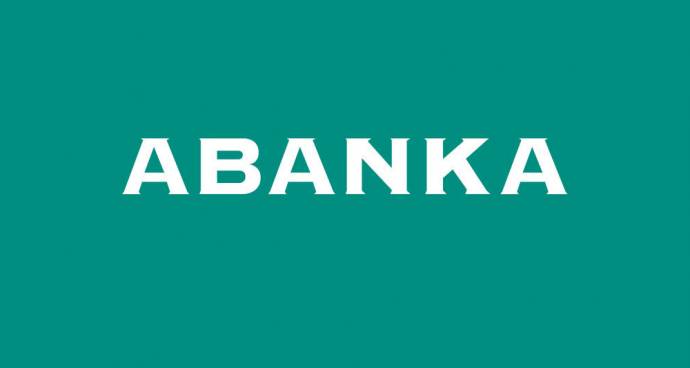The two bondholders, who invested in 2007 hundreds of thousands of euros in bonds of Banka Celje, which later merged with Abanka, filed the lawsuit last year.
They claimed that the bank had failed to properly inform them about risks involved with investing in junior bonds and requested they be repaid.
The court told Delo that it had ruled in favour of the plaintiffs in June. According to unofficial information, the court annulled the investment contract, which means that Abanka has to repay the plaintiffs' principal plus interest if the ruling becomes final.
This is the first ruling following the erasure of junior bondholders following the bank bailout in late 2013. Most lawsuits in what is more than 500 cases related to the bail-in have been put on hold due to the expected bill governing legal recourse for the erased bondholders. It is unclear when the bill will be passed.
The Association of Small Shareholders welcomed the ruling and expressed hope that other courts would follow the example. It urged the government and the National Assembly to immediately implement the decision of the Constitutional Court and pass a law on legal recourse for the erased bondholders.
The association also called on the central bank to hand over all documents related to the bail-in and to stop preventing the Court of Audit from reviewing its operations.
The nominal value of the qualified liabilities wiped out as a result of the bail-in is EUR 963.2m, of which EUR 381.7m were shares, EUR 166.1m were hybrid instruments and EUR 415.5 were other junior liabilities.
In Abanka and Banka Celje, the two banks that merged into Abanka in 2015, a total of nearly 1,750 shareholders and 225 junior bondholders were wiped out as part of the bail-in.






